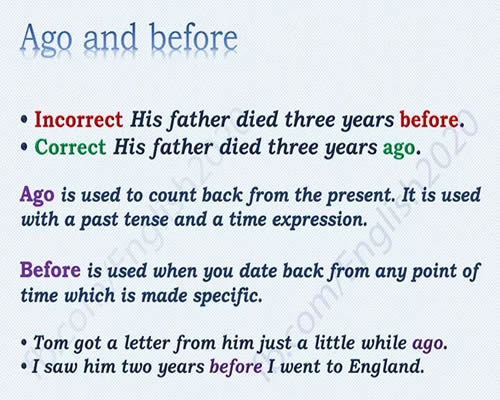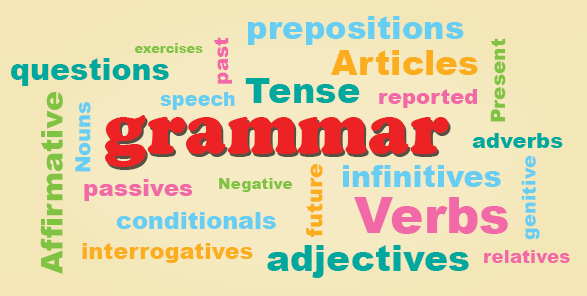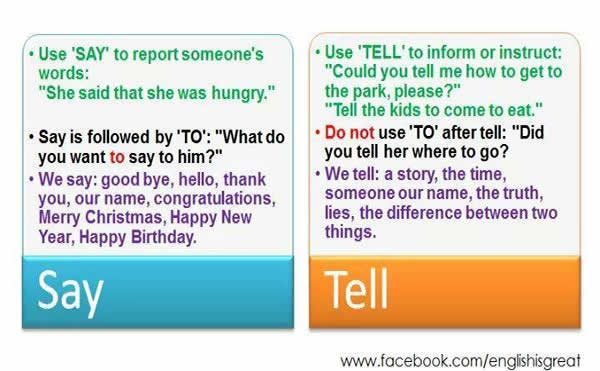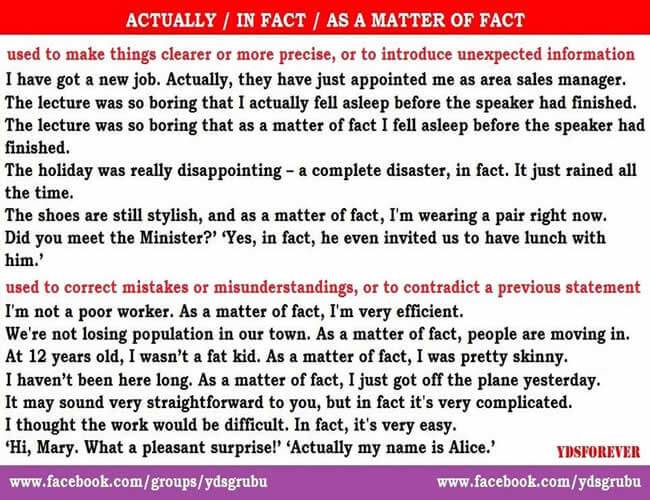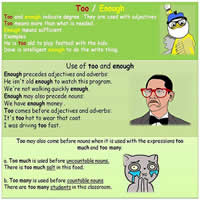Tag: differences
Uses of ‘Ago’ and ‘Before’ Ago is used to count back from the present. It is used with a past tense and a time expression. Before is used when …
Uses of Also, Too and So The word also goes before the main verb and after the verb to be. The word too goes at the end of the …
Differences Between ‘Miss’ and ‘Lose’ (with Examples) Miss; failure to attend or to get something, When someone is away from you and you wish they were with you. Lose; …
Differences Between “Which” and “That” Use ‘which’ with a comma for non-restrictive relative clauses. Non-restrictive relative clauses give additional, but not essential information. Use ‘that’ without comma for restrictive …
Uses of Used to and Be Used to Used to: an action or habit that was common in the past but not anymore. Be used to: being accustomed to …
Uses of Look, See, Watch (Differences) See is something that you do naturally without really thinking, Look make an effort to see something, Watch usually something that you look …
The Differences Between “By” and “With” Both prepositions can be used to show how something is done.
Differences Between “Say” and “Tell” Use ‘SAY’ to report someone’s words; “She said that she was hungry.” Use ‘TELL’ to inform or instruct: “Could you tell me how to …
Uses of Actually, In fact, As a Matter of Fact Used to make things clearer or more precise, or to introduce unexpected information, used to correct mistakes or misunderstandings, …
Uses of Too and Enough Too and Enough indicate degree. They are used with adjectives. Too means more than what is need. Enough means sufficient.
